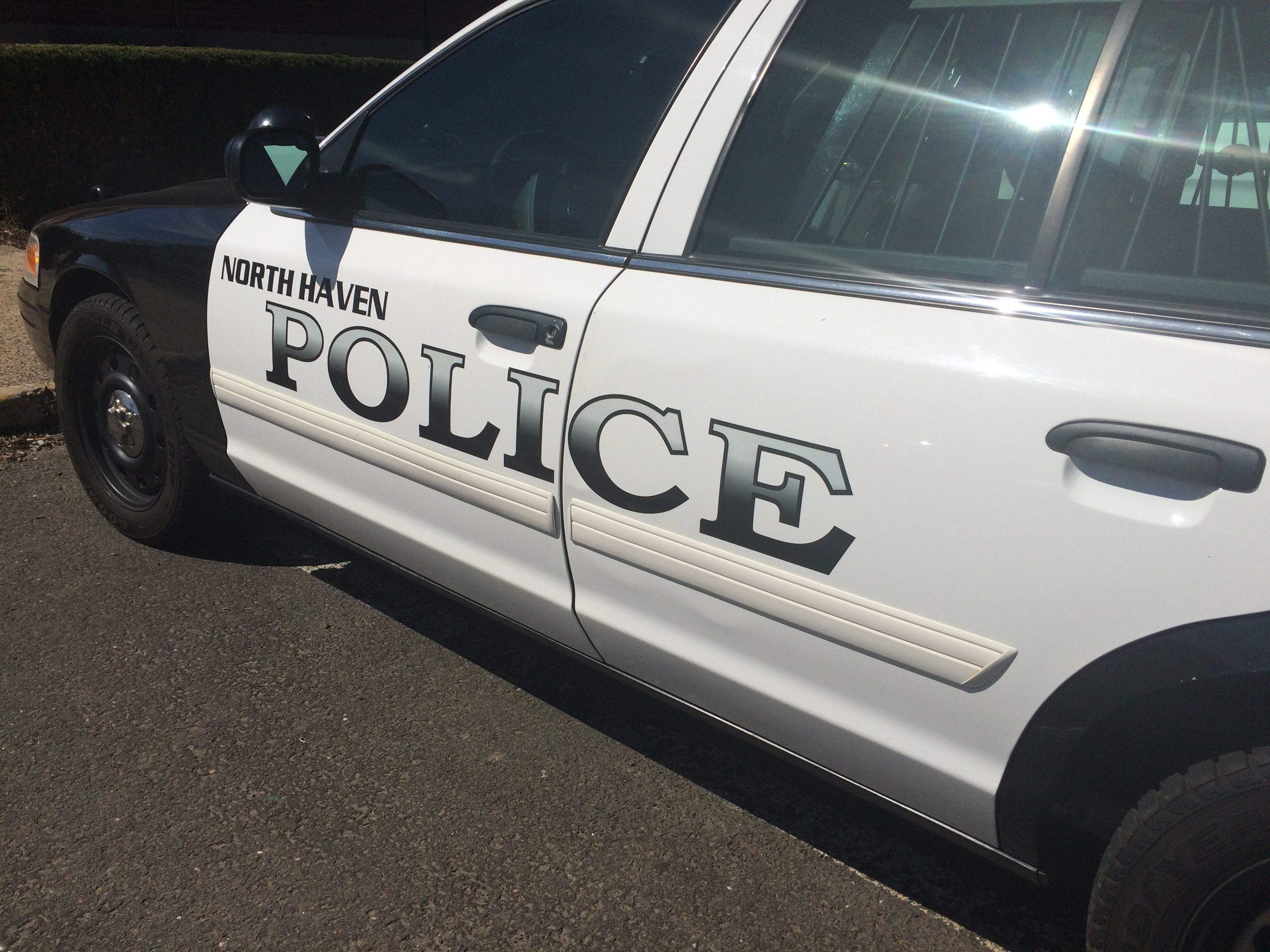You could say Sharon St. Amand, of Waterbury, has been dealing with an identity crisis every time she opens her wallet. The last name on her driver’s license reads “Stamand,” and for decades, she’s been pleading with the Department of Motor Vehicles to correct it. After years of frustration, she turned to NBC Connecticut for help.
At 64 years old, St. Amand has had her license since age 16. For nearly 50 years, she says, her last name has appeared without a space or period due to a typographical error and software limitations at the Connecticut DMV.
“I said it’s S-t-period, capital A-m-a-n-d,” she said, recalling an exchange with a DMV employee in 2010. “And she said, well we can’t add a period. Our computers won’t allow us to add the period.”
She tried asking the DMV to use a space instead, or even spell out Saint Amand. No dice.
“[The clerk] said, I can’t do that because that’s not your name. … We have to spell it exactly the way it is on your birth certificate. I said it’s S-t-period [on my birth certificate]. She said, ‘and I told you we can’t put a period in.’ So I left DMV as Sharon Stamand once again.”
Like many Connecticut residents, St. Amand uses her driver’s license as her primary form of identification. Aside from the sheer annoyance, Sharon said the discrepancy between her license surname and her legal surname has caused her some legitimate difficulties. It doesn’t match what’s on her social security card, birth certificate or other legal documents. She said that’s caused her problems registering to vote, using her health insurance and applying for credit cards.
In 2015, the DMV implemented a $26 million software upgrade and Sharon hoped that would include a fix for the problem affecting her and other Connecticut residents with similar last names, but during a return visit for license renewal in January 2018, she left disappointed once again.
Local
“You can put a man on the moon, but you can’t put a period or a space on someone’s last name?” she said.
So she called NBC Connecticut’s Connect-A-Thon in February and asked for help. Now, three months later, a solution appears to be on the way by early summer.
The CT DMV sent the following statement to NBC Connecticut in response to our inquiries on St. Amand’s behalf:
“We recognize that this limitation within our license system is an issue, and while it’s a relatively complicated fix, we have been proactively working on it for several months. Our license system does not allow a space to be typed in a person’s first or last name. We’re working on a modification to allow for this space and hope to have it done by early summer.
“We know that this limitation can cause issues for our customers and we are pleased to soon add more flexibility to our license system. This modification will allow a space in the first and last name fields so our license system more closely matches other identification documents we require customers to present when applying for a learner’s permit, driver’s license or ID card. This modification to allow for a space is being completed with existing resources and became easier to make after other changes were recently completed.
“To be clear, our license system has not been updated in many years and is not the same as our vehicle registration system, which was upgraded in 2015. Our license system is an older, pre-existing system that we hope to modernize in the near future.”
Sharon St. Amand was overjoyed to receive the update this week.
“Do you know I’ve been fighting and fighting and fighting with them for the longest time?” she said. “I have cousins who are St. Ange. They’re going to be so happy to no longer be ‘Stange’! Thank you, thank you, thank you.”
Impact on Travel:
NBC Connecticut reached out to the Transportation Security Administration for how such a name discrepancy might affect airline travelers.
In a statement to NBC Connecticut, TSA said:
“This is a list of all the various forms of ID that are acceptable for domestic air travel: https://www.tsa.gov/travel/security-screening/identification
For any passenger without a valid ID there are still options to vet that individual and allow them to travel (from TSA.gov):
In the event you arrive at the airport without valid identification, because it is lost or at home, you may still be allowed to fly. The TSA officer may ask you to complete an identity verification process which includes collecting information such as your name, current address, and other personal information to confirm your identity. If your identity is confirmed, you will be allowed to enter the screening checkpoint. You may be subject to additional screening, to include a pat down and screening of carry-on property.
You will not be allowed to enter the security checkpoint if your identity cannot be confirmed, you chose to not provide proper identification or you decline to cooperate with the identity verification process. TSA recommends that you arrive at least two hours in advance of your flight time.”
Impact on Voter Registration:
We also checked with the Secretary of State’s office to find out how such discrepancies could affect notarized documents and voter registration. A spokesperson replied:
“Generally speaking, notaries do need current ID and they are told that if they are comfortable with the ID, meaning it is reasonable to believe that the person in front of you is who they purport to be, then it is ok.
“On the voter file side, we are able to handle names like that without the period by adding a space between the two surnames (in this case, for example, as St Amand) largely without issue.”
If you have a story for us to look into, contact news@nbcconnecticut.com.



